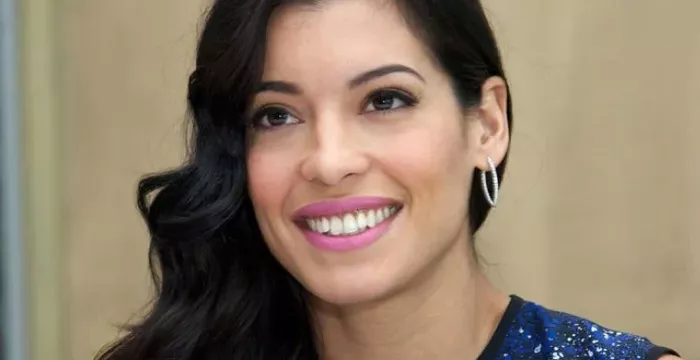
Manuela Escobar’s life is a narrative shaped by extremes: unimaginable privilege, constant peril, and the relentless shadow of a notorious legacy. Born on May 25, 1984, she arrived just as her father, Pablo Escobar, stood atop Colombia’s criminal underworld. Her earliest days were spent in the lap of luxury, but every moment was tinged with the anxiety of living as the daughter of the world’s most infamous drug lord.
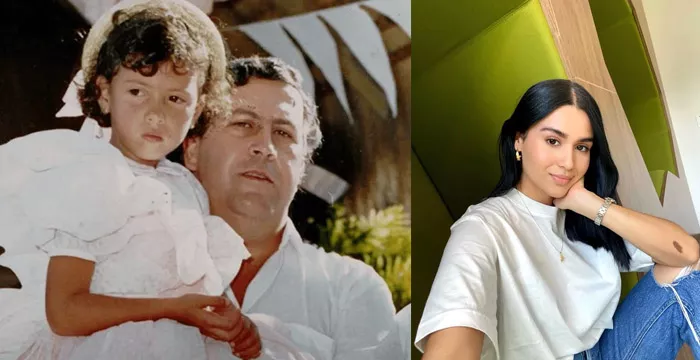
Manuela Escobar: Born Into Privilege and Peril
Manuela’s childhood was anything but ordinary. While most children might anticipate birthday parties with friends and games, hers took place in grand mansions fortified by armed guards. The threat of violence was ever-present, and safety was never guaranteed, even in her own home. Yet, her father’s affection was as extravagant as his criminal empire: family lore tells of Pablo Escobar burning $2 million in cash just keeping Manuela warm during a night on the run.
Growing Up Under Guard: Manuela’s Unusual Early Years
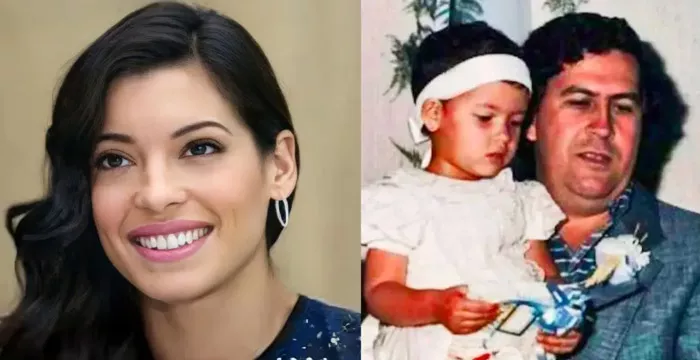
The Escobar family’s world changed forever in 1993 when Pablo Escobar was killed in a dramatic shootout with Colombian authorities. Manuela, just nine years old, was thrust into a new reality. The family’s escape from Colombia was fraught with danger, marked by desperate negotiations with enemies, the surrender of their remaining fortune, and a frantic search for a haven. They eventually found refuge in Argentina, adopting new identities and living in secrecy, a remarkable feat considering the notoriety of their surname.
Escobar Family Lore: Wealth, Fear, and Survival
Now 41 years old as of June 2025, Manuela’s journey has been defined by reinvention and resilience. While many people her age look back on school days and teenage milestones, Manuela’s memories are of exile, anonymity, and the constant struggle to stay hidden. The family’s life in Argentina has been marked by modesty rather than the opulence of their past, with Manuela shunning the spotlight and fiercely guarding her privacy.
Family Dynamics and Legacy
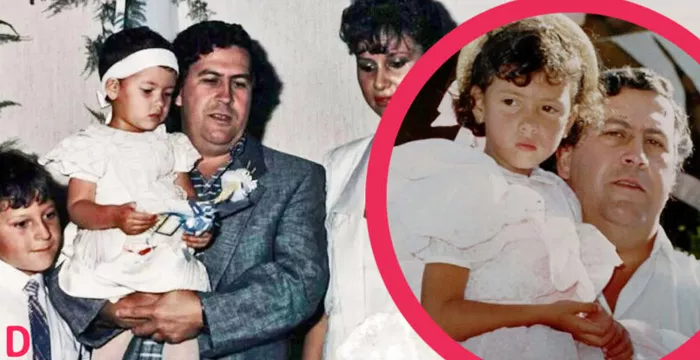
Pablo Escobar: Once the “King of Cocaine,” he led the Medellín Cartel and built an empire that supplied the majority of the world’s cocaine in the 1980s and early 1990s. His reign brought unprecedented violence and wealth to Colombia, but also left a legacy of tragedy for his family.
Maria Victoria Henao (Mother): After Pablo’s death, she guided her children through exile and has faced her own legal and personal challenges in Argentina.
Juan Pablo Escobar (Brother, now Sebastián Marroquín): Manuela’s older brother has spoken publicly about their past, seeking to reconcile with their family’s legacy through books and documentaries.
Net Worth and the Myth of Hidden Millions
Despite persistent rumors of hidden millions, Manuela Escobar’s current net worth is modest. The family lost nearly everything after Pablo’s death—mansions, wealth, and security. Life in Argentina has been far from lavish, with no evidence of secret fortunes or extravagant spending. Manuela’s true wealth lies in her privacy and her ability to remain out of the public eye.
Lessons from a Notorious Legacy
Manuela Escobar’s life is a clear example of how the actions of parents—especially those as notorious as Pablo Escobar—can have lasting consequences for their children. Despite having no involvement in her father’s criminal activities, Manuela was forced to live with the repercussions: exile, loss of wealth, and a life spent in hiding. Her story demonstrates that the wrongdoings of one generation often create burdens for the next, shaping their opportunities, safety, and even their identities.
Children like Manuela did not choose their circumstances, but they are often left to deal with the fallout from their parents’ choices. The Escobar family’s journey—from privilege and power to anonymity and caution—serves as a reminder that the consequences of crime and notoriety extend far beyond those who commit them, impacting innocent lives for years to come.
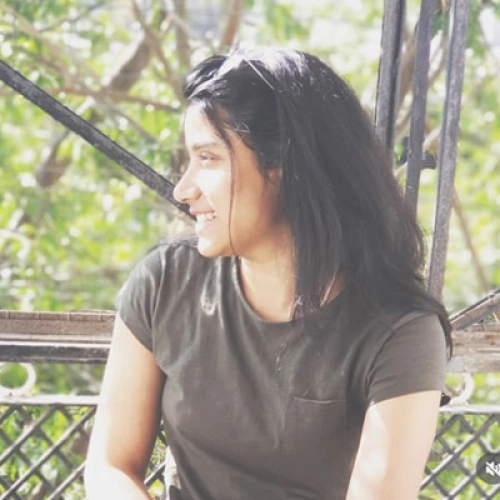

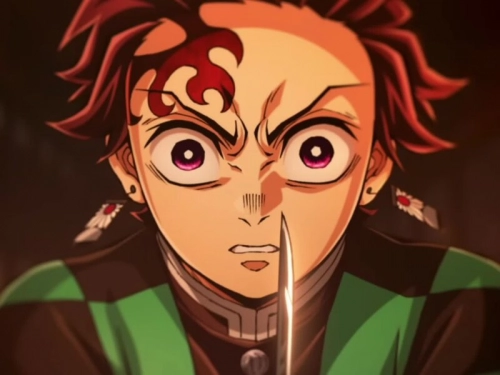

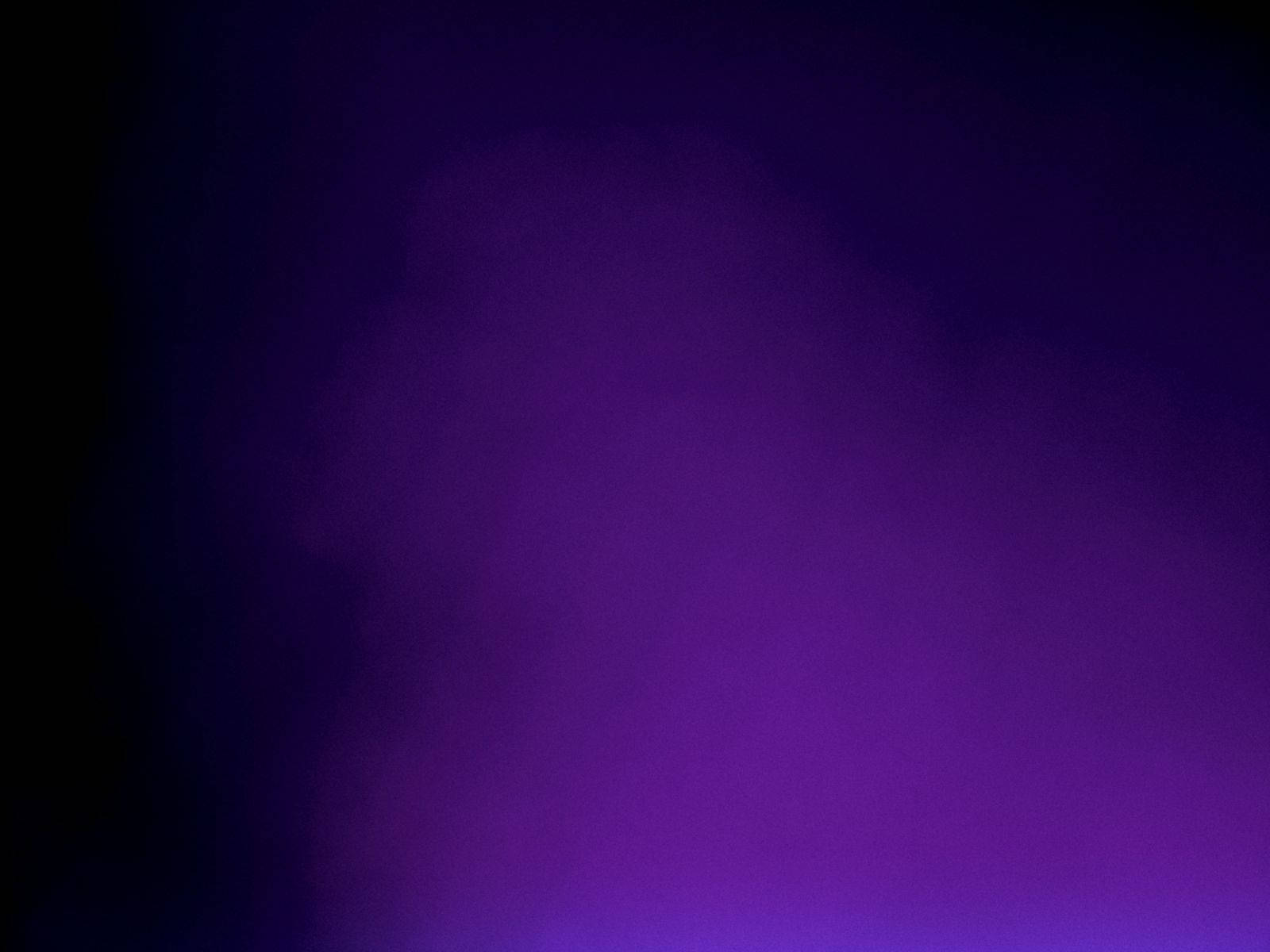
Comments